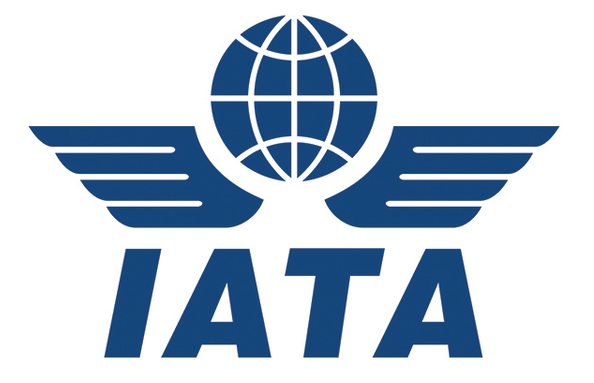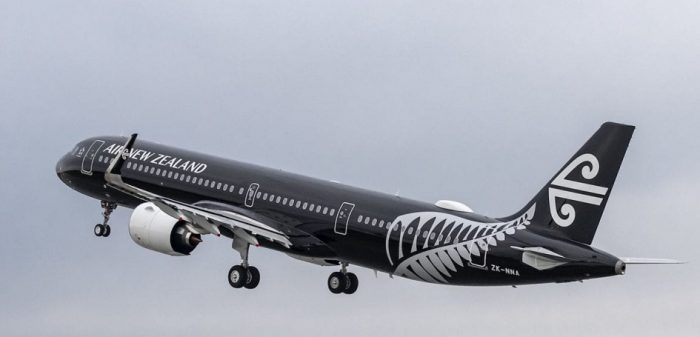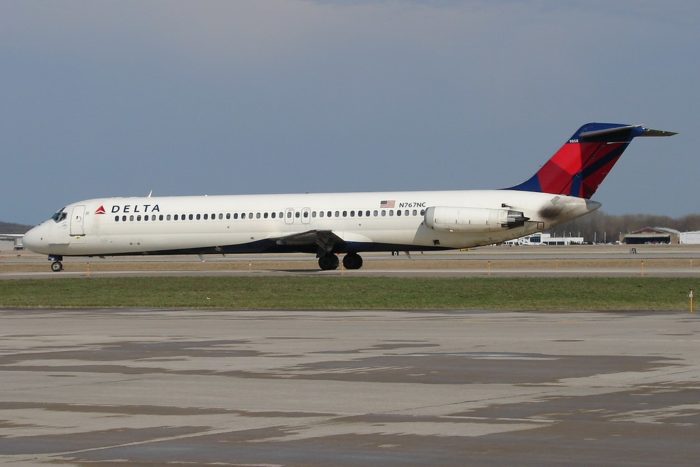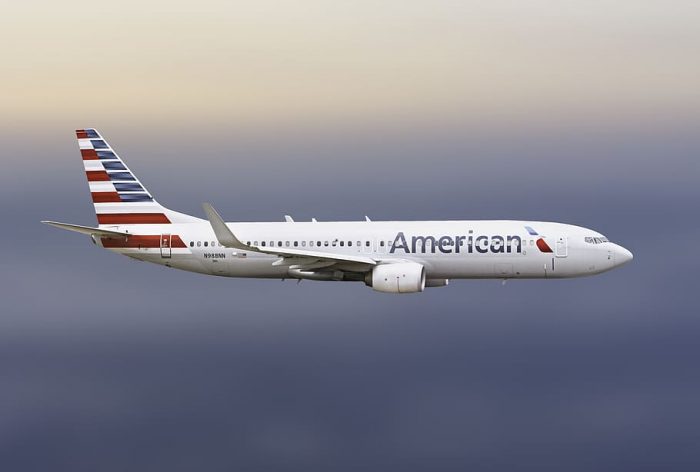Now Reading: Coronavirus outbreak could cost airlines $113 billion, says airline industry group
-
01
Coronavirus outbreak could cost airlines $113 billion, says airline industry group
Coronavirus outbreak could cost airlines $113 billion, says airline industry group

The International Air Transport Association states the coronavirus outbreak that started in China could cost airlines as much as $113 billion in lost revenue because of the collapse of air travel.
Representatives of the airline industry group stated Thursday after a working meeting in Singapore that the industry urgently needs assistance from governments in waiving some requirements, taxes and fees to alleviate the burden on carriers that are having a hard time.
“The industry remains very fragile,” Brian Pearce, the IATA’s chief economist, informed reporters. “There are lots of airlines that have got relatively narrow profit margins and lots of debt and this could send some into a really difficult situation.”
The British regional airline Flybe stopped flying since Thursday, done in by longstanding financial troubles and the effect of the global blow to travel from coronavirus.
The IATA’s estimate show a scenario involving a 19% loss in global passenger revenues with extensive increase of the virus in markets that now have 10 or more confirmed cases. The countries represent 80% of airline revenues, Pearce stated. The biggest losses would be in the Asia-Pacific region, consisting of China, which has the most cases of the virus.
An earlier estimate just two weeks ago put the possible cost of the slump in travel at less than $30 billion. That was before the number of cases outside China increased, taking the total to more than 100,000. So far, more than 4,000 people have died because of coronavirus.
“This is a very serious cash flow shock,” stated Brian Pearce, the IATA’s chief economist. “We are seeing this serious drop in bookings and revenues outside the Asia-Pacific now that it (the virus) has spread more widely.”
He stated a more conservative estimate, with limited spread of the disease, would lead to a 11% drop in passenger revenues, or $63 billion.
The estimates also were based on the view that the industry will recover to normal by the summer or early fall, he added.
Airlines are getting some relief because of lower oil prices: U.S. benchmark crude has dropped from about $60 per barrel at the start of the year to about $47 per barrel at present. They also are slashing costs by cutting jobs, asking workers to take unpaid leaves and operating far fewer flights.
However that also leaves many at danger of losing access to slots at airports that need them to use them at least 80% o f the time.
Airlines got waivers for such requirements in the financial crisis of 2008-2009, the last time conditions were unfavorable enough that some countries already have granted waivers this year.
The IATA and other industry groups hope to find support on easing slot rules, assistance from tax breaks and decreases of landing and other fees and also are working to draw up guidelines for combating infectious diseases, stated Anthony Concil, the IATA’s vice president for corporate communications.
The IATA officials stated the consensus of medical experts was that air travel is still relatively safe and that there are no reported cases of passengers spreading the virus while on aircraft.
Procedures for handling travelers and handling those with suspected cases of the illness, are commonly “reasonable and appropriate and we don’t see a need for massive change,” stated David Powell, the IATA’s medical adviser.
“This is the message we’re anxious to get across, that it is not really risky in the airplane environment,” he stated.
Stay Informed With the Latest & Most Important News
Previous Post
Next Post
-
 01Polestar Boss Says It’s Time To Outrun BMW M And Mercedes-AMG
01Polestar Boss Says It’s Time To Outrun BMW M And Mercedes-AMG -
 02Spy Shots: 2027 Mitsubishi Pajero Spotted in Testing Ahead of Possible U.S. Return
02Spy Shots: 2027 Mitsubishi Pajero Spotted in Testing Ahead of Possible U.S. Return -
 032026 Toyota Hilux EV: A Powerful Truck with Silent Torque
032026 Toyota Hilux EV: A Powerful Truck with Silent Torque -
![2027 Mercedes-Benz S-Class Debuts with V8 Engine [Photo Gallery]](https://speedlux.com/wp-content/uploads/2026/01/2027-Mercedes-Benz-S-Class-33-155x125.jpg) 042027 Mercedes-Benz S-Class Debuts with V8 Engine [Photo Gallery]
042027 Mercedes-Benz S-Class Debuts with V8 Engine [Photo Gallery] -
 052026 Corvette ZR1 Production Surges Past Expectations as Output Clears 1,000 Units
052026 Corvette ZR1 Production Surges Past Expectations as Output Clears 1,000 Units -
 06Spy Photos: VW ID. Polo GTI Goes Electric with 223 HP and 280 Miles of Range
06Spy Photos: VW ID. Polo GTI Goes Electric with 223 HP and 280 Miles of Range -
 07The Controversial Ford Voodoo V8 That Was Killed Off Too Early
07The Controversial Ford Voodoo V8 That Was Killed Off Too Early



![2027 Mercedes-Benz S-Class Debuts with V8 Engine [Photo Gallery]](https://speedlux.com/wp-content/uploads/2026/01/2027-Mercedes-Benz-S-Class-33-700x394.jpg)











































